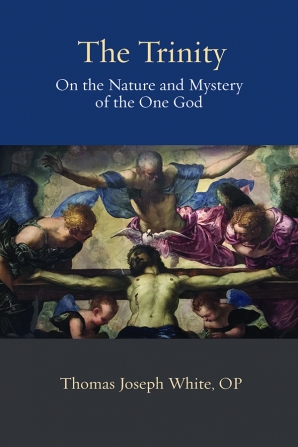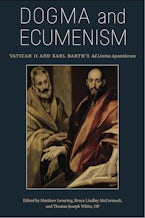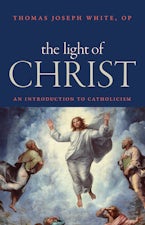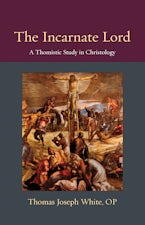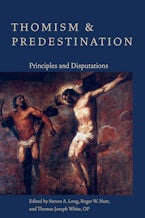- Home
- Thomistic Ressourcement Series
- religion
- Principles of Catholic Theology, Book 2
Preparing your PDF for download...
There was a problem with your download, please contact the server administrator.
Principles of Catholic Theology, Book 2
On the Rational Credibility of Christianity
Thomistic Ressourcement Series
Imprint: Catholic University of America Press
Can a philosopher defend the rational warrant for belief in Christianity? Is it reasonable to be religious? Is it philosophically responsible to be a Christian who believes in the mystery of the Trinity? Principles of Catholic Theology explores these questions in a systematic way by considering questions of ultimate explanation. Why not hold that modern atheistic naturalism provides the best explanation of reality? Or, if there is a transcendent first principle that explains all of reality, is it impersonal rather than personal? Contrastingly, if monotheism constitutes the best explanation for created being, how can we reasonably believe in any particular revelation concerning God? What are the criteria for rational belief in revelation?
Thomas Joseph White, OP, considers these questions by exploring a series of topics: the transcendentals (existence, oneness, truth, goodness, beauty); rational argument for the existence of God; the immateriality and subsistence after death of the personal soul of the human being; the historical and conceptual coherence of Trinitarian doctrine; and the reasonableness of the natural desire to see God. The aim of Principles of Catholic Theology, Book 2 is to place contemporary natural reason in profound dialogue with the Catholic faith and to think about ways that we can consent to the profound mystery of the Holy Trinity that are in robust concord with the knowledge obtained from philosophical, scientific, and historical sources.
Thomas Joseph White, OP, is Rector, Pontifical University of St. Thomas, Angelicum, and the author of The Trinity: On the Nature and Mystery of the One God; The Light of Christ: An Introduction to Catholicism and The Incarnate Lord: A Thomistic Study of Christology.
"A major contribution to theological writings in the Thomist tradition for the world today. White's writing style is extraordinarily hospitable, readable not only by theologians but by educated Christians of all sorts, from undergraduate majors through graduate students. This combination of scholarship and readability is remarkable."
~James Buckley, Loyola University Maryland
"In this lucid exposition of Catholic doctrine, Fr. White adeptly showcases the rational credibility of Christianity and dispels the misconception that being a disciple of Christ requires compromising one's intellectual integrity. Navigating complex subjects with the same graceful ease seen previously in The Light of Christ, White seamlessly draws together a wide array of theological voices from across the tradition with a special emphasis on bringing the intellectual heritage of Thomism to bear on the most pressing challenges of our day. Whether used as a manual for theological study or a guide for those wishing to explore the depths of Christian doctrine, the result is a nuanced exploration that will contribute to the renewal of Catholic theology for many years to come."
~Matthew Ramage, author of The Experiment of Faith: Pope Benedict XVI on Living the Theological Virtues in a Secular Age
"Thomas Joseph White uses the writings of Thomas Aquinas to deepen our Christian faith and to enrich our rational understanding. His book shows how our belief in the one creator God sheds light on our knowledge of the world and is not an attempt to escape from it It also shows how belief in the Holy Trinity, besides revealing the mystery of God's own life to us, helps us understand what it is to be a person. The book concludes with a coda on Nietzsche and postmodernism. His discussion of this topic can help us to maintain a thoughtful life even during contemporary intellectual storms. The book is authoritative in substance, rich in sources and references, and a pleasure to read."
~Robert Sokolowski, The Catholic University of America


